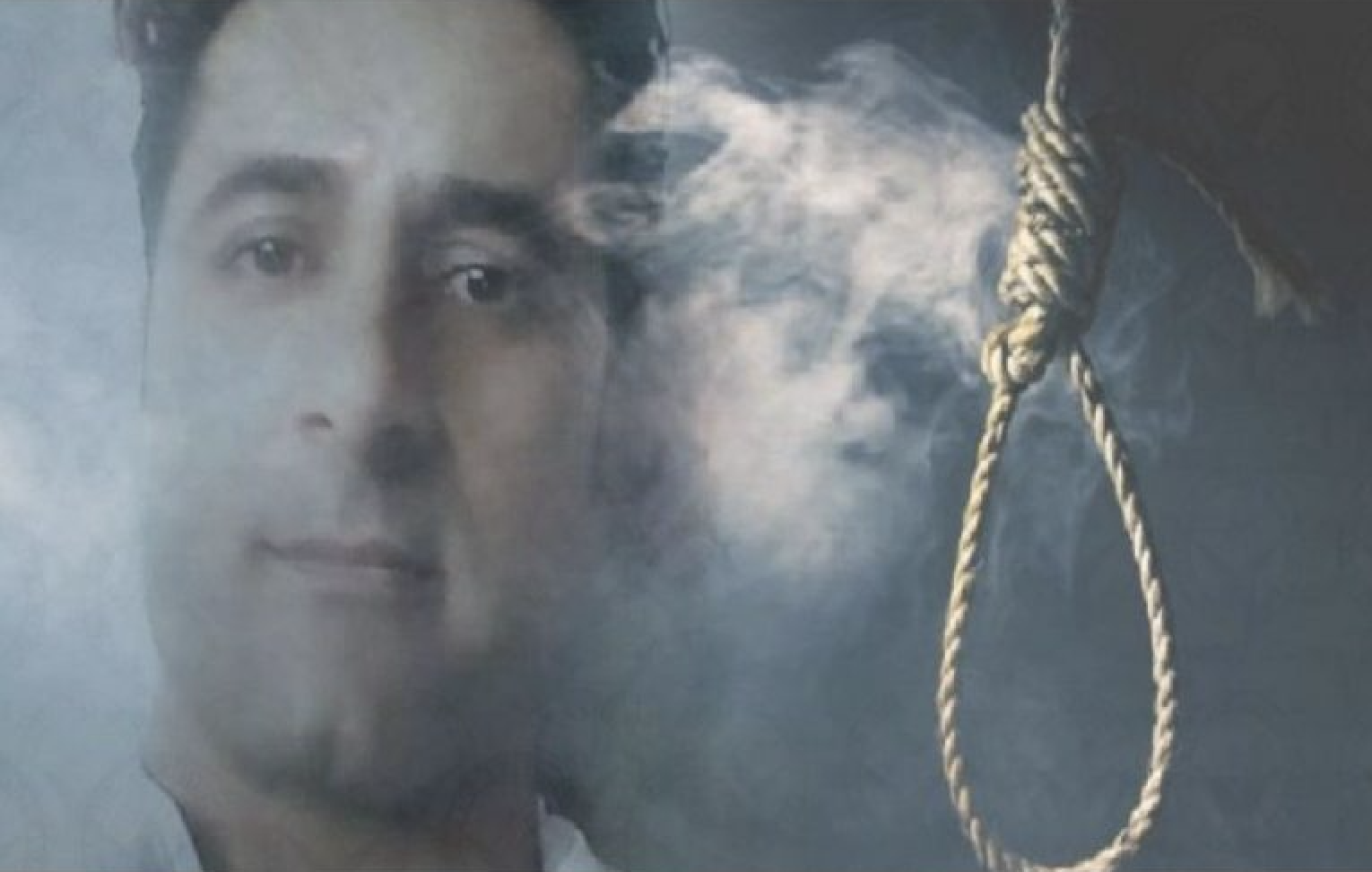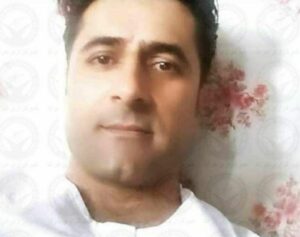On Wednesday, June 30, a prisoner who had previously been sentenced to death on charges of murder was executed in Mashhad Prison.
According to HRANA, the news agency of Human Rights Activists, quoting the Khorasan newspaper, the report does not specify the identity of the prisoner.
Iran ranks first in the world in citizen executions per capita, according to international organizations. The Statistics and Publication Center of the Human Rights Activists in Iran (HRA) reported that between January 1st and December 20th of last year, at least 236 citizens were executed.
One of these citizens was executed publicly, and two were juvenile offenders. An additional 95 citizens were sentenced to death.
According to the report, more than 72% of executions in Iran are not reported by the government or the judiciary. Human rights organizations call these “secret executions”.










